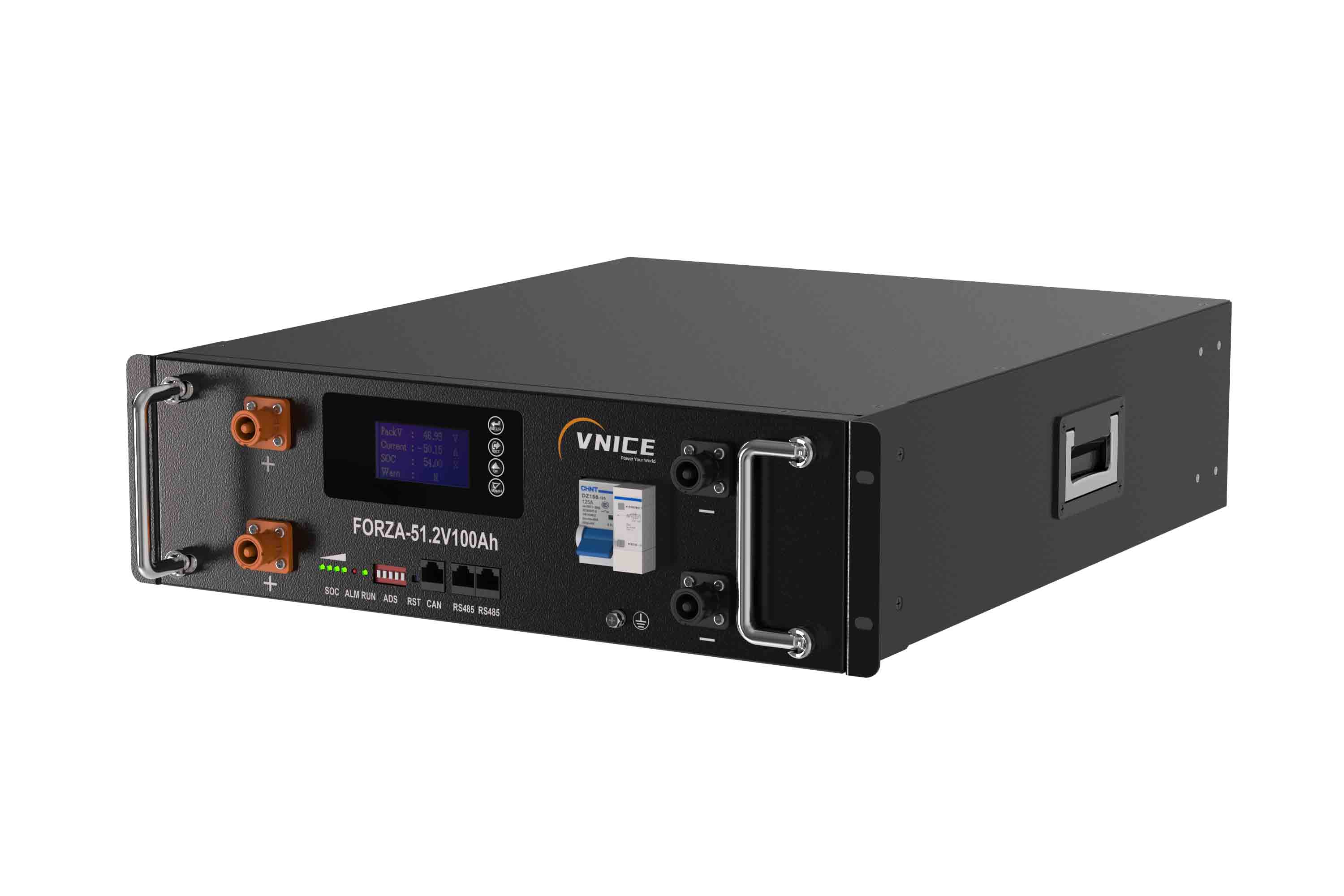Vnice Power
Industry News
What Do We Need To Know About Solid State Batteries and Traditional Batteries?
7/8/2024
The world of energy storage is witnessing rapid advancements, with solid-state batteries emerging as a promising alternative to traditional lithium-ion batteries. Both technologies have their unique features and applications, and understanding their differences is crucial for making informed decisions. In this article, we will explore the key aspects of solid-state and traditional lithium batteries, highlighting the benefits and limitations of each.
Understanding Traditional Lithium Batteries
Traditional lithium-ion batteries have been the cornerstone of energy storage for decades. They are widely used in consumer electronics, electric vehicles, and renewable energy storage systems. These batteries consist of a liquid electrolyte that facilitates the movement of lithium ions between the anode and cathode during charging and discharging cycles.
Key Characteristics of Traditional Lithium Batteries:
Energy Density: Traditional lithium-ion batteries offer high energy density, which means they can store a significant amount of energy in a relatively small and lightweight package.
Efficiency: These batteries are known for their high efficiency, with minimal energy loss during charge and discharge cycles.
Cost: The established manufacturing processes and widespread use have led to relatively low production costs for traditional lithium-ion batteries.
Safety Concerns: One of the main drawbacks is the safety risk associated with the liquid electrolyte, which can be flammable and prone to leakage, leading to potential fire hazards.
The Rise of Solid-State Batteries
Solid-state batteries represent the next generation of energy storage technology. Unlike traditional lithium-ion batteries, solid-state batteries use a solid electrolyte instead of a liquid one. This fundamental difference brings several advantages, making solid-state batteries an attractive option for various applications.
Key Characteristics of Solid-State Batteries:
Enhanced Safety: The solid electrolyte is non-flammable and eliminates the risk of leakage, significantly reducing the chances of fire hazards. This makes solid-state batteries much safer, especially for residential and commercial energy storage.
Higher Energy Density: Solid-state batteries have the potential to offer even higher energy density compared to traditional lithium-ion batteries, enabling longer-lasting and more compact energy storage solutions.
Longevity: These batteries typically exhibit longer cycle life, meaning they can endure more charge and discharge cycles before experiencing significant capacity degradation.
Thermal Stability: Solid-state batteries perform better under a wider range of temperatures, enhancing their reliability and efficiency in various environmental conditions.
Comparing Solid-State and Traditional Lithium Batteries
Safety
Traditional Lithium Batteries: While generally safe, they pose a risk of thermal runaway and fire due to the flammable liquid electrolyte.
Solid-State Batteries: Offer superior safety with a non-flammable solid electrolyte, reducing the risk of fires and enhancing overall safety.
Energy Density
Traditional Lithium Batteries: Provide high energy density but are approaching their theoretical limits.
Solid-State Batteries: Potential for even higher energy density, paving the way for more compact and powerful energy storage solutions.
Cost and Availability
Traditional Lithium Batteries: More affordable due to mature manufacturing processes and economies of scale.
Solid-State Batteries: Currently more expensive to produce, but costs are expected to decrease as technology matures and production scales up.
Application Suitability
Traditional Lithium Batteries: Well-suited for a wide range of applications, including consumer electronics, electric vehicles, and grid storage.
Solid-State Batteries: Ideal for applications where safety, energy density, and longevity are critical, such as residential energy storage, electric vehicles, and portable medical devices.
Conclusion
Both traditional lithium-ion and solid-state batteries have their unique strengths and applications. Traditional lithium-ion batteries offer high energy density and efficiency at a lower cost, making them suitable for many current applications. However, solid-state batteries bring significant advancements in safety, energy density, and longevity, positioning them as the future of energy storage.
At VNICE Power, we are leading the charge in developing advanced solid-state residential energy storage systems. Our innovative solutions leverage the benefits of solid-state technology, providing safer, more efficient, and longer-lasting energy storage options for our customers.
WE OFFER BEST IN CLASS SERVICE FOR YOUR NEEDS
86-13631354535

-

Message

